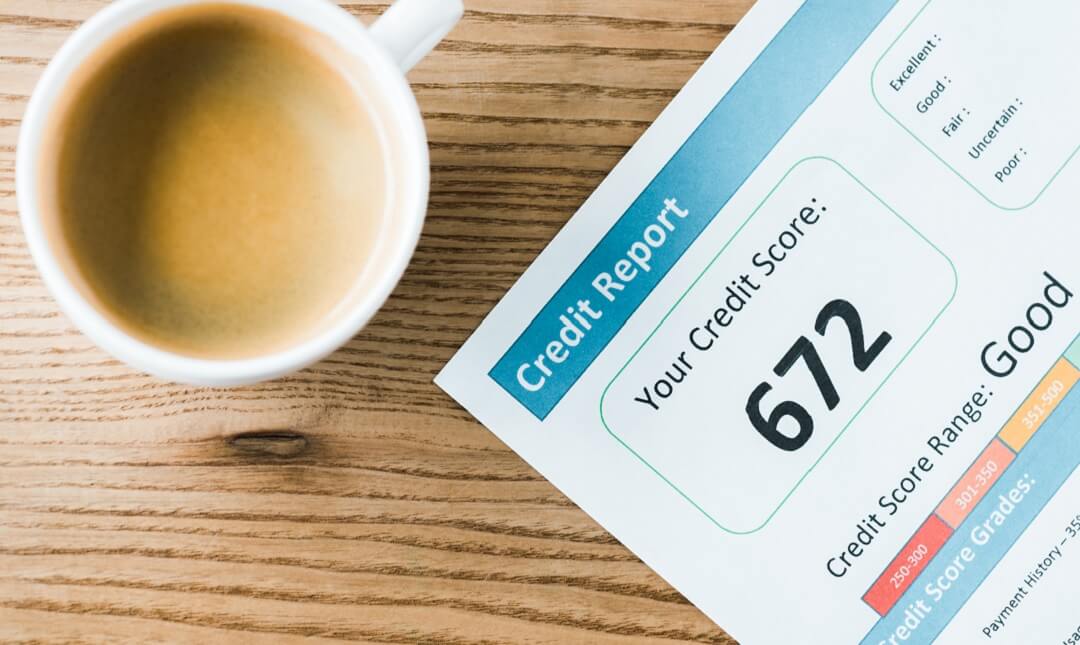When it comes to purchasing a home and getting a mortgage approved, your credit score provides lenders with an idea of how likely you are to repay your loan. But what is a good credit score to buy a house? This actually depends on a number of factors, including the type of loan you are applying for and your lender’s specific requirements. But even if your credit score is less than ideal, there are other factors that also contribute to your mortgage approval. Here we take a closer look at credit score and what it means when buying a home.
Key takeaways
- The credit score requirement for a mortgage depends on the type of mortgage you are applying for. Each mortgage type has its own requirements and minimums.
- A conventional mortgage will require a minimum FICO credit score of 620-640, while FHA loans require a score of over 580 to qualify for a loan with a 3.5% down payment.
- VA loans and USDA loans do not have a government-set minimum credit score requirement, but in general, scores over 580 and 640, respectively, should qualify.
- Jumbo loans require a minimum credit score of 700 or higher because they are a riskier option for lenders.
- Lenders consider credit score, income, employment history, debt-to-income ratio, loan-to-value ratio, down payment, savings, and assets for mortgage approval.
Minimum credit score by loan type
When talking about a minimum credit score for a mortgage, it is all dependent on the type of mortgage you are applying for. Each mortgage type has its own requirements and minimums, so it is important to understand each option. Also, keep in mind that the higher your credit score is, the lower your interest rate often is.
Conventional loan
A conventional loan is offered through a private lender and often has the highest credit score requirement. In general, a conventional mortgage will require a minimum FICO credit score of 620-640, with the average home buyer having a score of 749 for conventional loans.
FHA loan
Federal Housing Administration (FHA) mortgages are designed for those with lower credit scores. With an FHA loan, your score is evaluated and you have two options. If your score is over 580, you will qualify for an FHA mortgage with a 3.5% down payment. If your score is between 500-579, you will qualify for a loan with a 10% down payment.
VA loan
Loans backed by the Department of Veterans Affairs, or VA loans, do not have a government-set minimum credit score and the minimums are determined by each individual lender. In general, the minimum credit score is between 580 and 640, depending on the lender.
USDA loan
Loans from the U.S. Department of Agriculture are designed for borrowers purchasing a home in designated rural areas. Like the VA loan, the USDA loan does not have a government-set minimum credit score requirement, so it is determined by the individual lenders. In general, scores over 640 should qualify.
Jumbo loan
Jumbo loans, or loans larger than the conforming loan limits, typically require a minimum credit score of 700 or higher because they are a riskier option for lenders.

Factors that affect credit score
In order to understand your credit score, it is important to understand the different factors that go into determining your credit score. Mortgage lenders utilize your FICO score. This score is determined by taking information from the three major credit bureaus (Equifax, Experian, and Transunion) to create your score, which can range from 300-850. When determining your score, FICO looks at factors that include:
- The length of your credit history
- Your payment history
- The total amount you owe
- The different types of credit
- New credit

Other factors mortgage lenders consider
While your credit score is important to lenders and the qualification and approval of your mortgage, it is only one factor that lenders consider.
Income and employment history
In addition to your credit score, two main factors that lenders look to are your income and employment history. When it comes to your income, lenders what to see that you have enough coming in each month to cover your new mortgage payments and your current debts. They look at your employment history to see that this income is reliable. In most cases, lenders want to see the same job for at least two years.
Debt-to-income ratio
How much debt you have in relation to your income is something that your lender will look closely at when determining your approval. Your debt-to-income (DTI) ratio is the percentage of your gross monthly income that goes to your rent or mortgage, credit cards, and other monthly debts. You can determine this number by dividing your monthly debts by your gross monthly income. In general, lenders want to see a DTI of 43% or lower.
Loan-to-value ratio
The loan-to-value ratio is the amount of your mortgage compared to the value of the home. For example, if you are purchasing a home for $100,000 and have no down payment, your LTV is 100%. If you put down 20%, your LTV drops to 80%. A high LTV makes you a larger risk to lenders, so you may need to increase the amount of your down payment.
Down payment
The larger your down payment is, the less risky lenders consider you to be because you already have a financial stake in the property. If your credit score is lower than they like to see, they may require an additional down payment.
Savings and assets
In general, lenders like to see that you have enough assets or savings to cover your mortgage payments should you suddenly lose your income. In general, many lenders will want to see enough in savings and assets to cover at least two months’ worth of mortgage payments.
Can you get a home loan with bad credit?
Even if your credit score leaves a lot to be desired, it is possible to qualify for a mortgage. However, it can be more difficult and may require more from you in order to help offset the risk that your low credit score shows lenders, such as higher down payments. In addition, you can expect higher interest rates if you are approved.
Don’t let your credit score keep you from the home of your dreams
If you are looking to buy a home in the near future, it is important to know your credit score and, if necessary, work to improve your score. The higher your credit score is, the lower your interest rates are likely to be and the better chance you have of mortgage approval.
At Hero Home Programs, our goal is to help every home buyer move into the home of their dreams. With our help, you can improve your credit score (Check out our Credit Repair Guide) and qualify for the home mortgage you need to have you walking through the doors of your dream home. To find out how we can help, book a consultation with us today.












